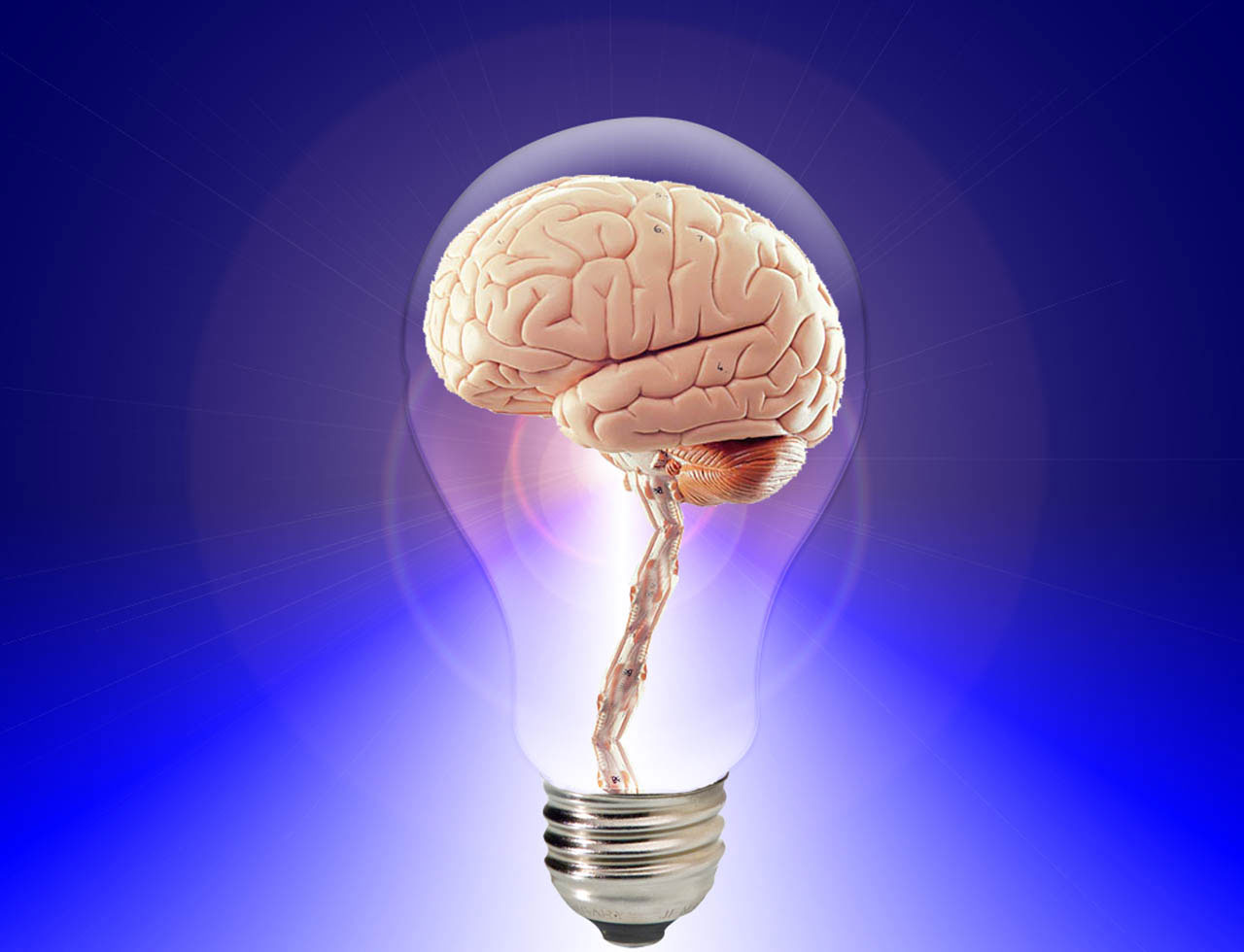 From Serif Tekin at Aeon:
From Serif Tekin at Aeon:
I call my proposed model the ‘multitudinous self’. ‘Do I contradict myself?’ asks the poet Walt Whitman in ‘Song of Myself’ (1891-92), ‘Very well then I contradict myself, / (I am large, I contain multitudes.)’ The multitudinous self is empirically tractable and responsive to the experiences of ‘real people’ who do or do not have mental disorders. According to this model, the self is a dynamic, complex, relational and multi-aspectual mechanism of capacities, processes, states and traits that support a degree of agency. The multitudinous self has five distinct but functionally complementary dimensions: ecological, intersubjective, conceptual, private, and temporally extended. These dimensions work together to connect the individual to her body, her social world, her psychological world, and her environment.
The multitudinous self is based on the psychologist Ulric Neisser’s account of the self, laid out in his paper ‘Five Kinds of Self-knowledge’ (1988). Neisser encourages us to reevaluate the sources of information that help us to identify the self. There are five sources, which are so different from one another that it is plausible to conceive each as establishing a different ‘self’. First there is the ecological self, or the embodied self in the physical world, which perceives and interacts with the physical environment; the interpersonal self, or the self embedded in the social world, which constitutes and is constituted by intersubjective relationships with others; the temporally extended self, or the self in time, which is grounded in memories of the past and anticipation of the future; the private self which is exposed to experiences available only to the first person and not to others; and finally the conceptual self, which (accurately or falsely) represents the self to the self by drawing on the properties or characteristics of not only the person but also the social and cultural context to which she belongs. More.
Whether the self can be investigated scientifically depend on how we define science as well as on how we define the self.
See also: At Scientific American: science may never solve the riddle of human consciousness. Consciousness studies is likely destined to remain a circus of grand, assertive theories, of the sort that the vocabulary of science can so easily generate. A susceptible audience is given the impression of great discoveries. By the time we grow restless, bang! a new act pushed the old one out of the ring.
and
Postmodernism: The illusion of consciousness sees through itself.